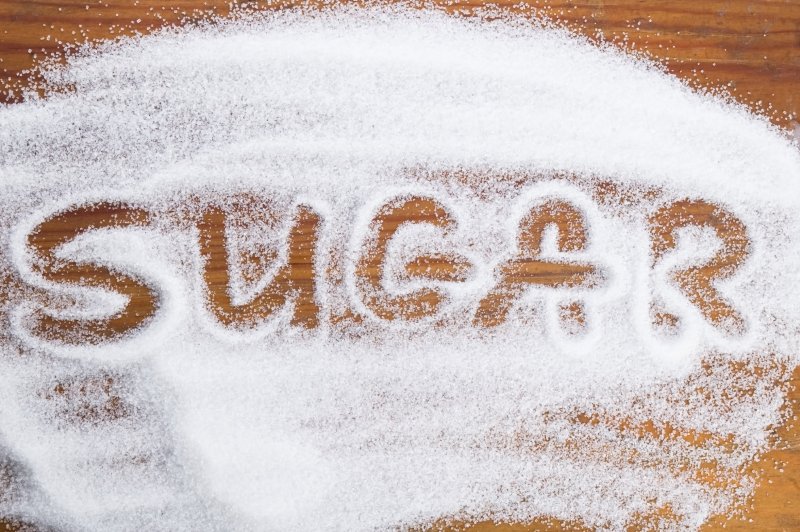
Do you like to add a little bit of sugar to sweeten up your tea or coffee in the morning? What about the crisp and delicious carbonated beverage you have with your lunch? These days, it’s difficult to avoid sugar. After all, it seems to be everywhere! But how often do you think about what it’s doing to your smile? Read on to learn more from your dentist about how sugar impacts oral health, what you should watch out for in the products you buy, and what sweetener you can use instead.
What Does Sugar Do to Your Teeth?
You know that having sugar too frequently can lead to tooth decay, but how exactly does this happen? It isn’t the sugar that damages your teeth. It is what happens after you eat that sugary food or drink that sweet beverage that causes harm. After eating foods that contain sugar, their molecules combine with the saliva and bacteria present in the mouth leading to plaque buildups on the teeth. If this isn’t cleared away soon, this plaque can dissolve away your enamel and lead to cavities. When it builds up along the gumline, you could develop periodontal disease which is linked to serious complications elsewhere in the body.
Do I Need to Cut Sugar Out of My Diet?
The best thing that you can do is avoid refined or processed sugar. This is the type of harmful sugar that’s found in potato chips, prepackaged snacks, soda, candy, and more. Even though dried fruit, honey, and citrus contain natural sugars, they can still cause harm to your smile if they aren’t eaten in moderation. Some tooth-friendly snacks include cheese, nuts, carrots, celery, and apples. Don’t forget to drink water throughout the day to wash away any lingering bacteria and food debris in your mouth.
Are Any Sugars Safe?
You might have heard about a sweetener called xylitol. It’s a sugar alcohol that doesn’t contain any of the acid producing qualities that sugar does, but still maintains a similar sweetness. It is most commonly found in sugarless gum, candy, mints, and even toothpaste. It inhibits the growth of the type of bacteria that cause cavities and can prevent bacteria from sticking on the teeth. Alike everything else, xylitol should be only consumed in moderation, but it is a great alternative to sugar for your teeth.
By being aware of the effects that sugar can have on your smile, you can make wise decisions to maintain optimal oral health for many years to come!
About the Author
Dr. Christine DiBlasi Laster earned her dental degree from the University of North Carolina Chapel Hill School of Dentistry where she graduated with Honors and received the Diagnosis and Treatment Planning Award. She is a member of numerous professional organizations including the American Dental Association and the American Association of Women Dentists. For more information on how to maintain good oral health or to schedule an appointment at her practice in Raleigh, visit her website or call (919) 787-0355.

